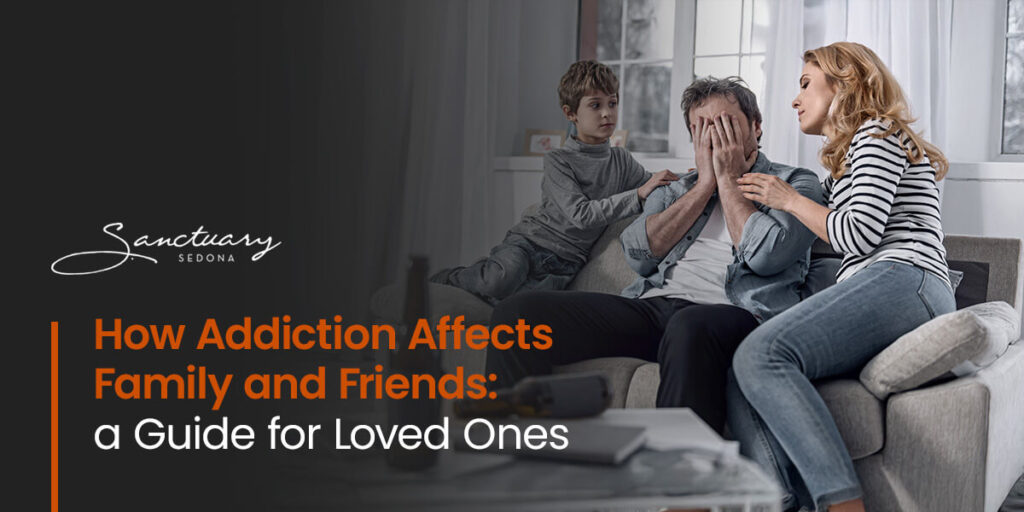How Childhood Trauma Manifests in Adults
Trauma is defined as an event that overwhelms our capacity to cope. While stress can be a good thing — a certain degree of it is required for motivation — when it accumulates over time, it can become toxic. When we have an intense stress response, we’re biologically designed to physically respond to it (this is the phenomenon known as “fight, flight or freeze”). But if we’re in a constant state of fear — which is what happens in an abusive home — it profoundly affects our developmental health.
Childhood trauma is heartbreakingly common. It’s estimated that at least 67 percent of the population has had at least one adverse childhood experience (ACE). The impacts of this cannot be underestimated. In a recent study of 17,000 adults, if a person had even two ACEs, their rates for depression, suicidality and drug use were exponentially higher. Those with six ACE scores were shown to be 40,000 times likelier to commit suicide.
Childhood trauma dramatically affects your brain development, immune system, hormonal systems and even the way your DNA is read and transcribed. People exposed to childhood trauma in high doses have triple the rates of heart disease and lung cancer. ACEs decrease life expectancy by up to 20 years.
While some of these outcomes can be attributed to high-risk behaviors like substance abuse that often result from trauma, even when those aren’t a factor, you’re still at higher health risk due to your sustained stress response. Trauma increases stress hormones like adrenaline and cortisol that aren’t meant to stay in your system at high levels for long periods of time.
Childhood Trauma and Addiction
Childhood trauma also lends itself to addiction. When you’re in a constant state of survival, you adapt by learning how to regulate that state — and not always in the healthiest of ways. This could manifest as drug or alcohol abuse, self-harm or disordered eating. While these behaviors soothe the emotional impact of trauma in the short term, this maladaptive strategy has very negative long-term implications, including risks to your physical and psychological health.
Yet despite its obvious seriousness, many of today’s doctors aren’t trained in screening and treating this issue.
Childhood Trauma and Relationships
Attachment is a biologically based system that’s designed to protect us when we’re infants. We form bonds with our parents that encourage us to get close to them — they, in turn, comfort us, nourish us and protect us. When we have healthy attachments, we feel safe.
As a child, your primary attachment is your parent. As an adult, it may be your partner or spouse. But because these early experiences shape the way we connect with others, unhealthy attachment styles developed during childhood often come back to haunt us in the form of toxic intimate relationships. We may continually seek out partners that are abusive, neglectful, emotionally unavailable or otherwise not in our best interest, because our subconscious tells us this is normal.
Many of us who have survived childhood trauma develop a fearful approach to relationships, where we want emotional closeness but find it hard to trust or depend on others. Without even realizing it, you might find yourself in a pattern of distrusting relationships, mistaking ill-treatment and uncertainty for excitement. Underlying all of this is a deep-seated fear of rejection because your childhood showed you that when you trust someone and make yourself vulnerable to them, they will only hurt you.
Childhood Trauma and the Brain
Our early childhood experiences influence the way our brain forms connections — including which parts of the brain they’re formed in and how strong they are. Your ability to control your own emotions is largely dependent on these neural pathways. And because we have a limited amount of mental energy, if a large part of it is consumed by anxiety and fear, there’s significantly less of it available for things like emotional intelligence.
If you’ve been chronically traumatized, you may have a hard time moving experiences out of your working memory and into long-term storage, which is why they tend to feel so fresh and painful, even long after the event has passed. This is why it’s so easy to become triggered when you encounter something emotionally or physically that brings up past dormant memories.
Epigenetics and Intergenerational Trauma
Those of us with trauma are all concerned about passing it on to our children. But while we tend to think of this in terms of our behavior, new research shows trauma can also be passed down through our genes. The epigenome, which sits on the DNA strand and turns gene expression on or off, affects the way we pass on our DNA and how it’s expressed in our children.
While this might lead us to believe that we can’t escape years of generational trauma, the truth is that this genome can also express resilience. And knowing that your resilience factors not only benefit you, but affect the next few generations, sheds new light on the value of treating your trauma and doing your self-work to the absolute best of your abilities.
Talk With an Expert Call Us Today



